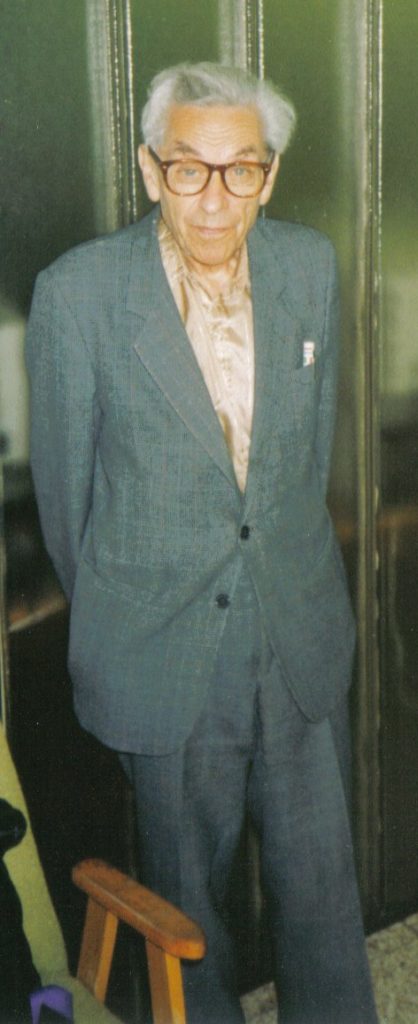The Lives of the Mathematical Ninja: Paul Erdős
[caption id=”attachment_170” align=”alignleft” width=”293” caption=”Photo courtesy of Kmhkmh vie Wikipedia”] [/caption]
[/caption]
(1913-1996. Erdős was born just before the outbreak of World War I and died shortly before Google was launched. I gather his surname is pronounced “air-dish”.)
Just about the polar opposite of Leonardo in terms of attitude was Paul Erdős, quite possibly the most prolific mathematician of all time. Erdős subsisted largely on coffee and the goodwill of his friends and colleagues; he travelled from university to university collaborating non-stop, with his few belongings in a plastic bag. (You can read more about him in The Man Who Loved Only Numbers
Erdős proved an awful lot of conjectures, and refined an awful lot of existing proofs into more elegant versions (he would describe a particularly simple, clear proof as ‘straight from the book’ - the book being a book of proofs written by God). He ranged across the pure maths spectrum, covering number theory, analysis, and combinatorics, to list just the ones I’ve heard of.
He’s also notable for the phenomenon of the Erdős number - similar to the idea of ‘six degrees of Kevin Bacon’, although the Erdős number is an older version. The idea is, Erdős himself had an Erdős number of 0. Anyone who co-authored a paper with him - at last count, about 500 people - has an Erdős number of 1. Their collaborators have an Erdős number of 2 and so on. (Mine is 5, apparently; if you’ve published a maths paper with a co-author, you can probably calculate yours here).
I’ve chosen Paul Erdős as a hero of mathematics because I love the idea of an itinerant maths professor pitching up with a plastic bag at 4am asking ‘Is your brain open?’ I’m also in awe of his prolonged and prolific career - he would generally author more papers in one year than I did in six years of research.